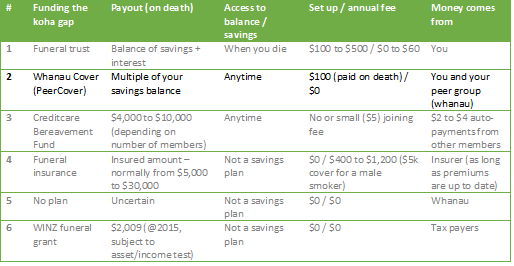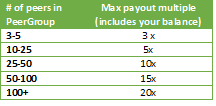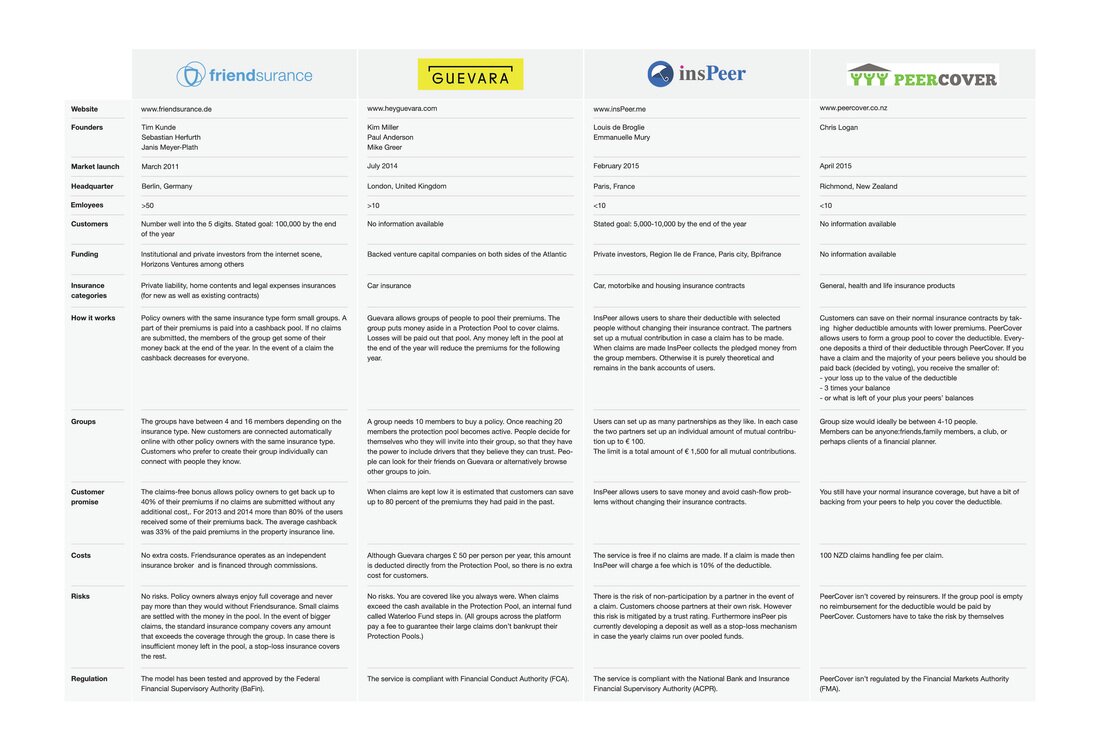In New Zealand:
- The Telecommunications Dispute Resolution (TDR) scheme deals with about 2,000 complaint per year of which approximately 640 relate to billing and credit issues.
- The Electricity and Gas Complaints Commissioner Scheme dealt with over 3,600 complaints last year of which over 1,600 related to billing complaints.
Until now there was just 2 ways to mitigate bill shock:
- Choose a plan to avoid bill shock e.g. prepay, unlimited or data shaping (for internet)
- Monitor frequently
Now you can protect yourself and your friends through PeerCover. You'll be notified if anyone in your PeerGroup is experiencing bill shock, so you can avoid the same situation. Alternatively you may able to help them get off by letting them know what to say. If push comes to shove, the bill shock amount (and a small claims handling fee) will be shared amongst the whole PeerGroup - to spread the load.





